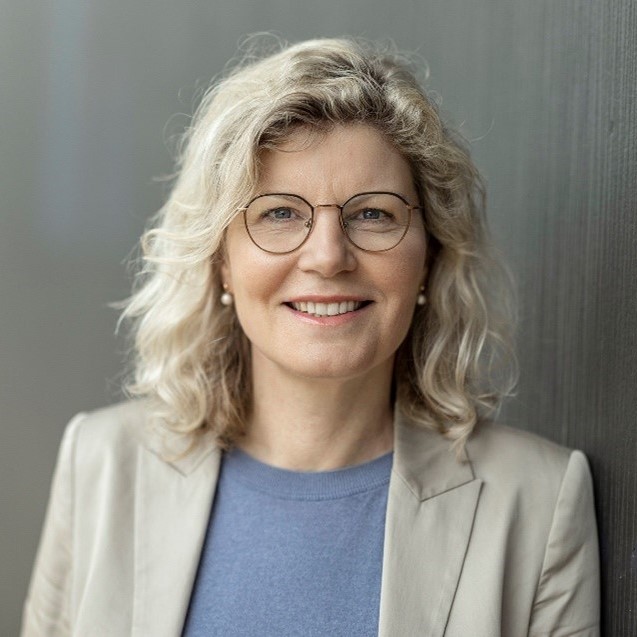
In recognition of March as Myeloma Awareness Month, Medicom is pleased to present an interview with Prof.Monique Minnema (UMC Utrecht, the Netherlands). Prof. Minnema has dedicated her career to advancing our understanding and treatment of multiple myeloma, the second most common blood cancer worldwide.
Prof. Minnema, could you share a bit about your role and your focus in myeloma research?
“I'm a haematologist at the University Medical Centre in Utrecht, with 18 years of experience. My work is dedicated to multiple myeloma, involving both clinical and pharmaceutical studies. I lead the clinical trial team and collaborate on translational research, particularly on inducing apoptosis in myeloma cells. Together with my colleague researcher Dr Victor Peperzak, we've developed a 3D myeloma model using patient material to extend the cell life of plasma cells from patients for research, and we're actively exploring CAR-T cell therapies for myeloma.”
With March being Myeloma Awareness Month, can you describe how treatment has evolved recently?
“The treatment landscape has transformed significantly. When I started, autologous stem cell transplantation was innovative. Now, we're moving towards targeted therapies and immune therapies, reducing reliance on traditional chemotherapy. The advent of drugs like thalidomide, proteasome inhibitors, and daratumumab (which was made by my colleague Utrecht Prof. Jan van de Winkel) has revolutionised patient care, shifting from chemotherapy to more personalised immune therapy.”
With more personalised immune treatments, how does this impact patient care?
“Personalisation is crucial. We have developed the 3D models to determine the most effective treatments based on individual patient profiles, but this is still in development. Together with the patient, we are considering their preferences and previous treatment responses. While most patients respond to current therapies, including CAR-T cell therapy, our model also aids in understanding resistance to treatments and tailoring care to prevent it.”
How do you approach treatment decisions with your patients?
“Treatment decisions are influenced by various factors, including age, fitness, and previous therapies. We aim to offer options that match the patient's needs and preferences, often providing a Plan A and a Plan B to ensure they are involved in their care decisions. We also consider switching strategies if needed, always with the patient's best interest in mind.”
Do you refer patients to support groups?
“Yes, especially at the beginning. Support groups offer a sense of community and can be a valuable resource for patients feeling isolated due to their condition. While I don't bring it up every visit, I encourage engagement with these organisations for additional support.”
Lastly, what are your hopes for policymakers in supporting myeloma research and patient care?
“I wish policymakers could see the positive impacts of advanced therapies firsthand—their potential to restore normalcy to patients' lives, including returning to work and family life. It's important to balance financial concerns with the real benefits of innovative treatments and the perspectives of those we're helping.”
Copyright ©2024 Medicom Medical Publishers
Posted on
Previous Article
« Impact of Treatment on Multiple Myeloma Outcomes: Real-World Experience Next Article
Interview: How will the US 2024 presidential election affect healthcare? »
« Impact of Treatment on Multiple Myeloma Outcomes: Real-World Experience Next Article
Interview: How will the US 2024 presidential election affect healthcare? »
Related Articles
© 2024 Medicom Medical Publishers. All rights reserved. Terms and Conditions | Privacy Policy
HEAD OFFICE
Laarderhoogtweg 25
1101 EB Amsterdam
The Netherlands
T: +31 85 4012 560
E: publishers@medicom-publishers.com

